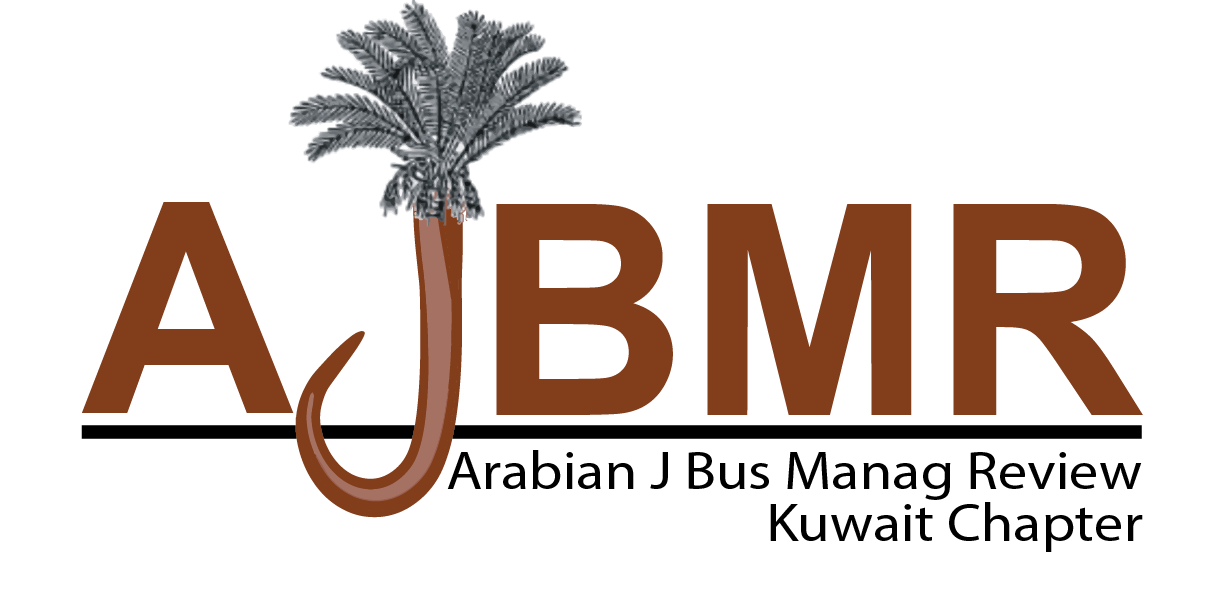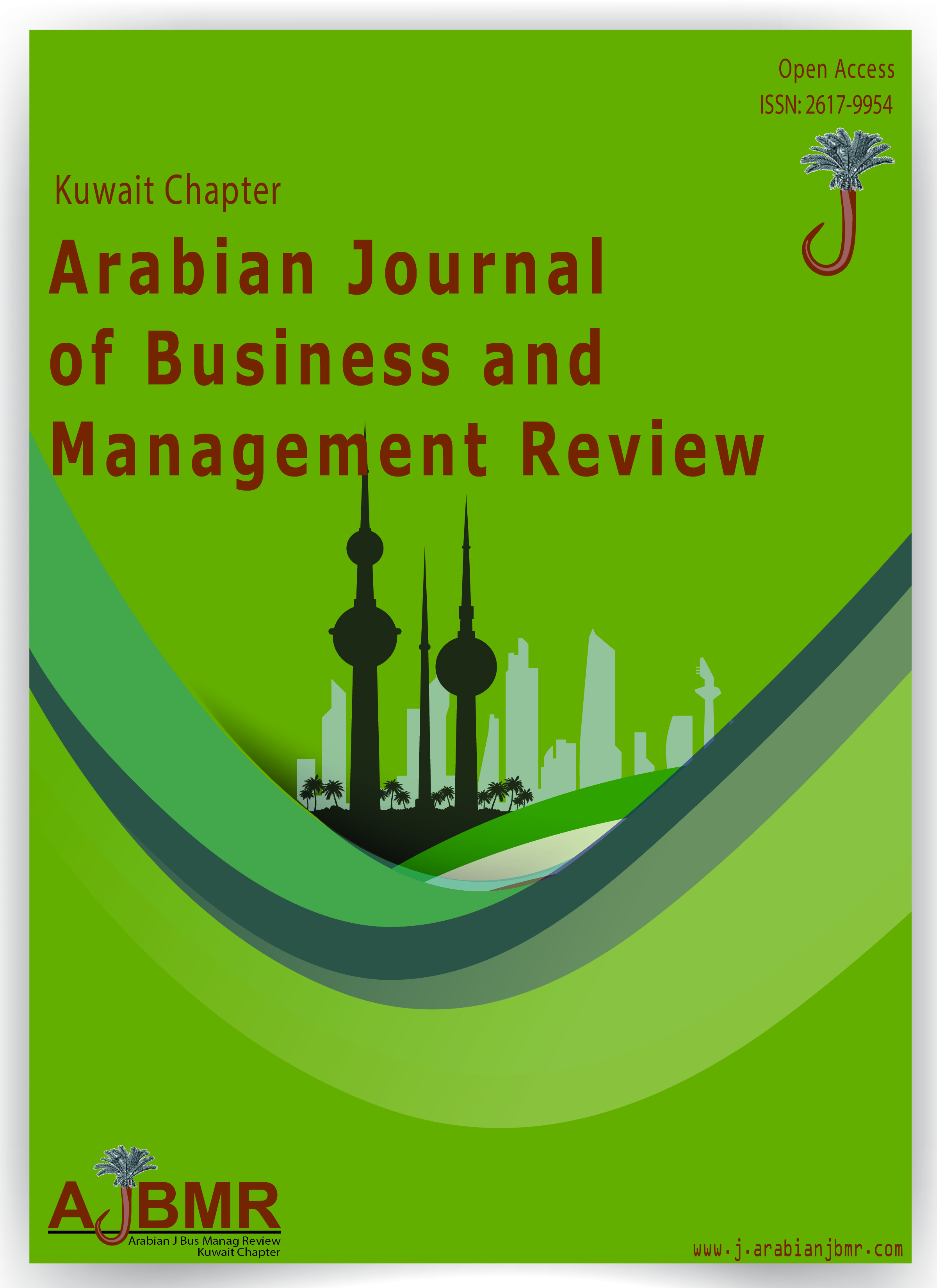Security procurement transformation in state-owned enterprises: Outcome-based contracting implementation across critical infrastructure networks in South Africa
Keywords:
State-owned enterprises, Security procurement, Outcome-based contracting, Infrastructure protection, Performance measurement, Regulatory compliance, Cost optimisationAbstract
Security procurement across South African state-owned enterprises faces systematic challenges requiring comprehensive reform. Traditional guard-based contracting models consistently underperform while consuming substantial public resources across critical infrastructure networks. This research evaluates security procurement performance across multiple SOEs and assesses the potential for outcome-based contracting implementation for sector-wide adoption. The study examined security expenditure, performance metrics, and regulatory compliance across Eskom, Transnet, PRASA, ACSA, and SAA during 2022-2024. Results indicate traditional models achieve effectiveness rates below 30% despite combined annual expenditure exceeding R8.7 billion, while Transnet's outcome-based implementation demonstrates 89% theft reduction and R1.2 billion annual savings. Criminal infiltration analysis reveals 187 security personnel arrests across SOEs between 2022-2024, indicating systematic vulnerabilities in human-centric models. Contractor profit analysis shows margins exceeding 250% through guard wage suppression while maintaining poor service delivery outcomes. Comparative analysis validates outcome-based contracting superiority across cost-effectiveness (94% improvement), regulatory compliance (full alignment), and security performance (98% effectiveness rates). The research establishes empirical foundations for mandatory outcome-based contracting adoption as national policy, supported by legislative reform requirements and standardized implementation frameworks.
References
Burger, J., & Gould, C. (2021). Infrastructure crime in South Africa: Extent, impact and responses. Institute for Security Studies Monograph 207. Pretoria: ISS Press.
Chen, L., & Roberts, M. (2023). Outcome-based contracting in Australian transport infrastructure: Performance analysis and lessons learned. Journal of Public Procurement, 23(2), 145-167.
Davis, F. D. (1989). Perceived usefulness, perceived ease of use, and user acceptance of information technology. MIS Quarterly, 13(3), 319-340.
Dunleavy, P., & Hood, C. (1994). From old public administration to new public management. Public Money & Management, 14(3), 9-16.
Eisenhardt, K. M. (1989). Agency theory: An assessment and review. Academy of Management Review, 14(1), 57-74.
García-López, M. (2022). Technology-integrated security procurement in European energy sectors: A comparative analysis. European Journal of Public Administration, 45(3), 234-251.
Govender, R. (2017a). An examination of the prevention of cable theft from Eskom. Southern African Journal of Criminology, 30(5), 67-84.
Govender, R. (2017b). Investigation towards the prevention of cable theft from Eskom: A qualitative study [Unpublished manuscript]. University of South Africa.
Govender, R. (2017c). A case study of factors contributing to discipline problems of security officers: Eskom Distribution centres, Kwazulu-Natal North Coast region [Unpublished manuscript]. University of South Africa.
Govender, R. (2020). The impact of human risks on physical protection systems at Eskom. Arabian Journal of Business and Management Review (Kuwait Chapter), 9(1), 45-62. https://bit.ly/2UE2u9H.
Hood, C. (1991). A public management for all seasons? Public Administration, 69(1), 3-19.
Jensen, M. C., & Meckling, W. H. (1976). Theory of the firm: Managerial behaviour, agency costs and ownership structure. Journal of Financial Economics, 3(4), 305-360.
Kaplan, S., & Garrick, B. J. (1981). On the quantitative definition of risk. Risk Analysis, 1(1), 11-27.
Kumar, S., Patel, A., & Williams, R. (2024). Artificial intelligence applications in critical infrastructure security: A systematic review. International Journal of Critical Infrastructure Protection, 45, 100-118.
Mbeki, T., & Naidoo, S. (2023). State-owned enterprise security challenges in emerging economies: A South African perspective. African Journal of Public Affairs, 12(1), 78-94.
Murray, R. (2021). Strategic procurement in the public sector: From compliance to value creation. London: Palgrave Macmillan.
National Treasury. (2024). State-owned enterprises: Annual consolidated report 2023-24. Pretoria: Government Printers.
Neely, A., Gregory, M., & Platts, K. (2005). Performance measurement system design: A literature review and research agenda. International Journal of Operations & Production Management, 25(12), 1228-1263.
Ng, I., & Nudurupati, S. (2010). Outcome-based service contracts in the defence industry: Mitigating the challenges. Journal of Service Management, 21(5), 656-674.
Republic of South Africa. (1999). Public Finance Management Act 1 of 1999. Pretoria: Government Printers.
Selviaridis, K., & Wynstra, F. (2015). Performance-based contracting: A literature review and future research directions. International Journal of Production Research, 53(12), 3505-3540.
Thompson, K., & Williams, A. (2022). New public management and outcome-based procurement: Theory and practice in contemporary governance. Public Administration Review, 82(4), 567-589.
Transnet SOC Ltd. (2024). Outcome-based contracting implementation report: Security services transformation 2022-2024. Johannesburg: Transnet Corporate Communications.
Van der Westhuizen, C. (2022). Security procurement challenges in developing economy state-owned enterprises. South African Journal of Economic and Management Sciences, 25(1), a3847.
Van Rooyen, P., & Mokoena, L. (2024). Evaluating Transnet's outcome-based security contracting: Early results and lessons learned. Journal of Transport and Supply Chain Management, 18, a689.
Williams, D., & Thompson, S. (2023). Principal-agent relationships in public sector service contracting: Evidence from outcome-based models. Public Management Review, 25(8), 1456-1478.
World Health Organisation. (2018). Public sector procurement standards for service delivery optimisation. WHO Technical Report Series, No. 996. Geneva: WHO Press.
Downloads
Published
How to Cite
Issue
Section
License
Copyright (c) 2025 Remone Govender, General Tembela Kulu

This work is licensed under a Creative Commons Attribution 4.0 International License.






